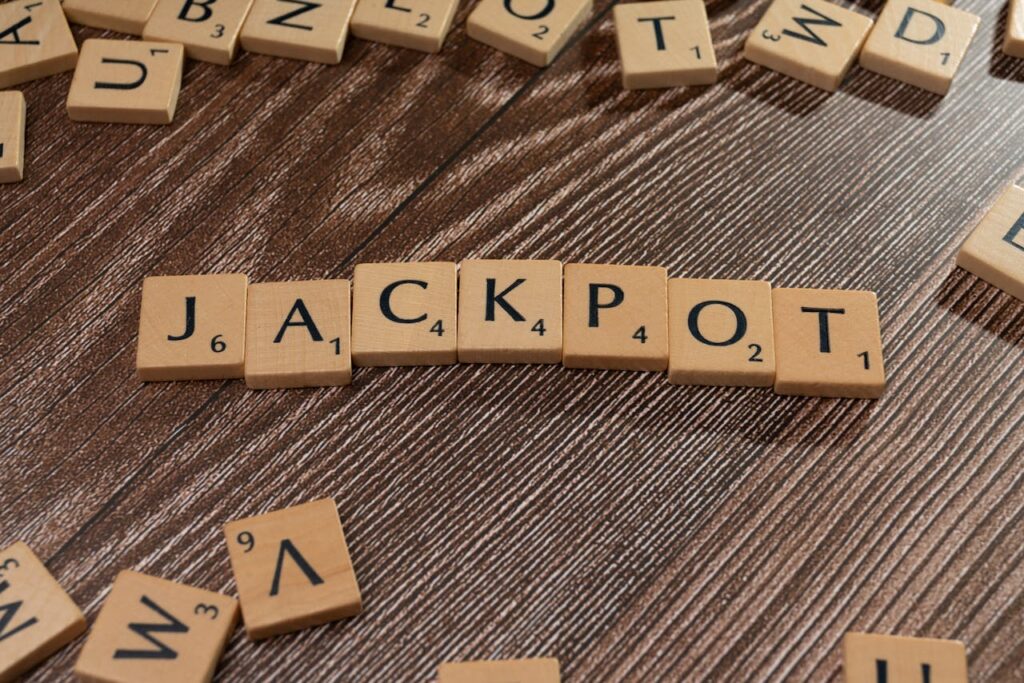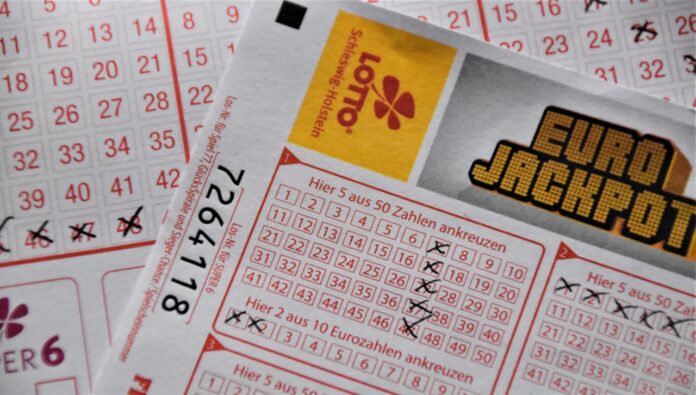Imagine the excitement of thinking you’ve won $1.2 million—only to be told it’s actually $12. That’s the rollercoaster ride Joan Parker-Grennan is on, as a UK court decides whether her lottery win is life-changing or lunch money.
Joan, from Boston, Lincolnshire, is adamant she won the big prize after playing an Instant Win Game online back in 2015. The game cost her $6 (£5), and she’s convinced she hit the jackpot. But Camelot, the operator behind the National Lottery, insists their computer system had predetermined her prize to be $12 (£10).

The case has now landed in the High Court in London, where Judge Justice Jay is tasked with untangling the mess.
A Game of Numbers
The controversy stems from how the game works. Players see two sections on their screens: “Your Numbers” and “Winning Numbers.” If any of “Your Numbers” match the “Winning Numbers,” the game highlights the match and displays the corresponding prize.
When Joan played, her screen reportedly showed two matches indicating a £10 prize—but here’s where it gets complicated. Another two matches on the screen claimed the prize was actually £1 million ($1.2 million). Cue the confusion.

Camelot blames a “technical issue” for the mix-up, saying the animation displayed on Joan’s screen didn’t reflect the actual predetermined prize.
Courtroom Drama
Joan’s lawyer, James Couser, argues that Camelot doesn’t stand a chance of winning at trial. He insists the company is bound by what the game showed on her screen. “The dispute is actually quite narrow,” he told the court.
Camelot’s legal team, however, sees it differently. Barrister Philip Hinks argues the company is only obligated to pay the prize predetermined by their computer system, regardless of what appeared on Joan’s screen.
“It is inappropriate for this claim to be determined summarily,” Hinks said, pushing back against Joan’s request for an immediate ruling in her favor.
A Judge’s Dilemma
Judge Jay called the case “interesting” and promised to deliver a ruling soon. For Joan, the stakes couldn’t be higher: will she walk away with a life-changing $1.2 million—or just $12?
What do you think? Should Joan get the jackpot she saw on her screen, or does Camelot’s argument hold up? Share this with your friends and let the debate begin!




